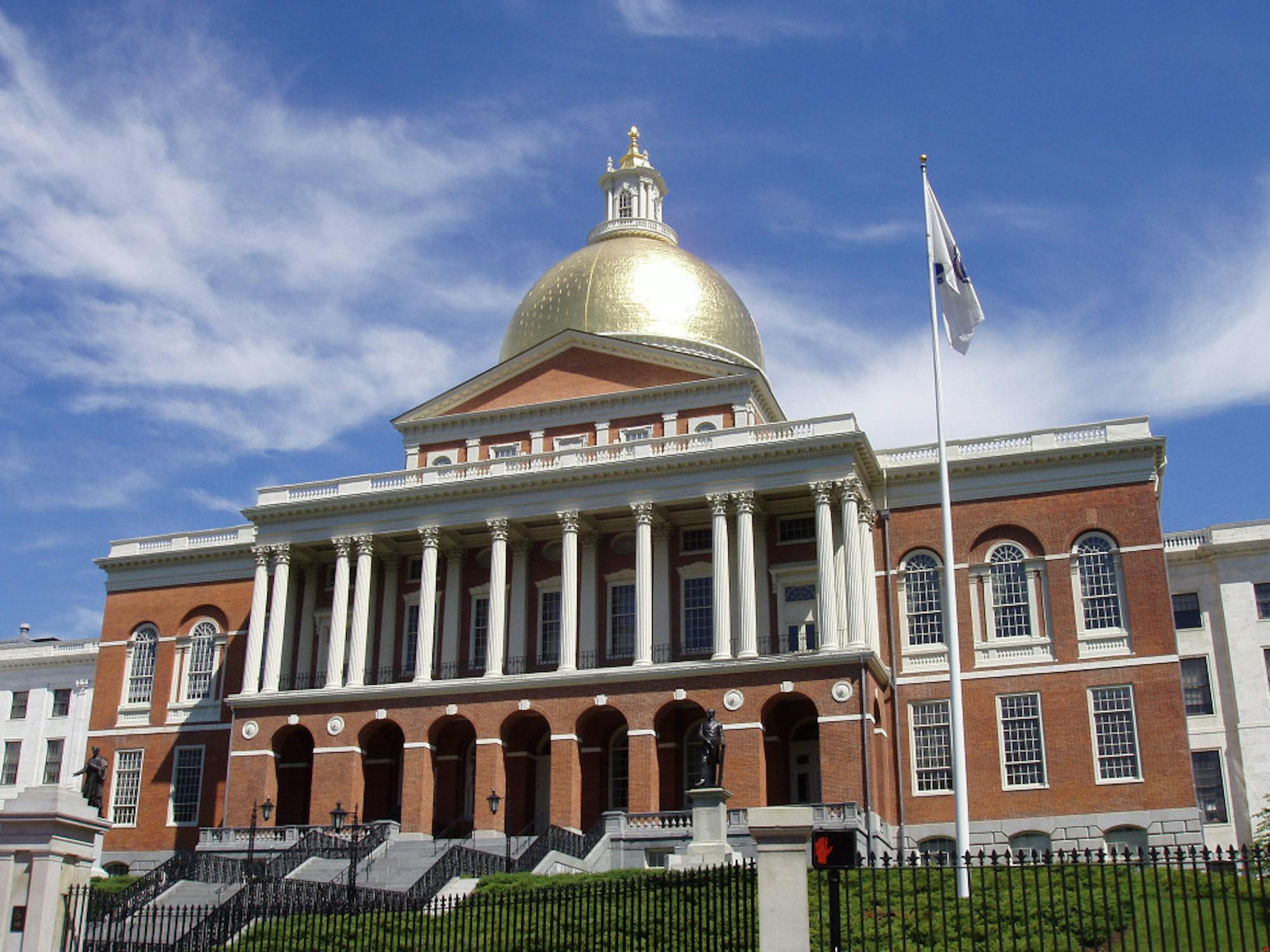The Massachusetts House passed Bill H.4217, which protects employees’ right to paid time off in order to be able to vote. The bill is currently under consideration by the Senate Committee on Ways and Means. This bill would allow any employee to request paid time off on Election Day to exercise their right to vote in person with the condition that they give employers three business days’ notice.
The bill is among multiple efforts by the Massachusetts state government to increase voter participation. Existing Massachusetts legislation permitted only construction and manufacturing industry workers to request time off, but it wasn’t guaranteed to be paid time off.
One of the factors that affects the participation of voters, especially young voters, is a lack of time. According to a 2022 survey by CIRCLE, a research center based at Tisch College focused on youth civic engagement, 38% of young people who did not vote cited forgetting or being too busy as their main reason.
CIRCLE researcher Peter de Guzman commented on the value of giving young voters more time to vote.
“Young people face barriers of time and information when it comes to registering and voting. … Giving people … especially young workers, more time to go there and vote may help them overcome that barrier,” de Guzman said.
Sen. Brendan P. Crighton, a co-sponsor of the bill, said that one of the major reasons the bill was passed was to give employees more time to vote despite having other responsibilities that make finding the time to vote more challenging.
“If during your work period, you knew, just as you would to take a lunch or grab a cup of coffee that you could step out to vote, it might make it more likely that [you] will participate which is what we want to encourage here in Massachusetts,” Crighton said.
Rep. Lindsay Sabadosa, another co-sponsor of the bill, suggested that in addition to a lack of time, people may not see voting as something worth leaving work for. For these people, the bill offers an incentive to vote.
“I think that there's also a voter apathy question if the races aren't contested, or it just feels like you don’t really care about the races on the ballot that day,” Sabadosa said.
de Guzman also shared why getting young voters to the polls is important.
“Young people make up a bigger share of the electorate … and younger generations in the U.S. are also more racially and ethnically diverse, so as we try to have a government that reflects the people that are living in the U.S., they need to have a say and participate to shape the election outcomes,” de Guzman said.
Utilizing the bill properly is a responsibility that falls on both the employers and the employees.
“Part of the law would be that the employer has to give adequate notice to the employees to make sure that they’re aware of this, to certainly publicize it and raise awareness, have it posted in the workplace, like many other employees rights are already,” Crighton said. “To help out the employers, we do require that they give adequate notice if someone intends to do this so that you know, the employer can make any arrangements they need to.”
de Guzman suggested that even with the extended right to paid voting time off, the bill may not completely eliminate barriers to voting.
“If people are already missing deadlines or encounter other barriers to vote, it may be unlikely that they are going to have an awareness of the deadline to request time off in advance,” de Guzman said.
de Guzman added that young people often have less power in the workplace and thus may face difficulty with the idea of requesting time off.
Same-day voter registration, both Sabadosa and de Guzman claimed, has the potential to be an effective next step to make the voting process easier. According to the same CIRCLE survey, 21% of non-voters said that difficulty registering was the reason they did not vote.
“I view it as really critical, particularly for people who are more transient or people who are moving apartments a fair bit or have to travel to work, college students who, by the time you have to register to vote, maybe aren't thinking of that,” Sabadosa said. “It gets a huge segment of the population to the polls, it's done effectively in other states, and I really think that’s the next thing for Massachusetts.”
Sabadosa also acknowledged that the bill’s purpose is not necessarily to clear all obstacles to voting, but is simply a move in that direction.
“Any step that we take is not a silver bullet,” Sabadosa said. “It's not going to be that all of a sudden everyone goes to vote, but it's just part of a process of trying to understand patterns and how people respond to different provisions of the law and different options that are available to them.”






